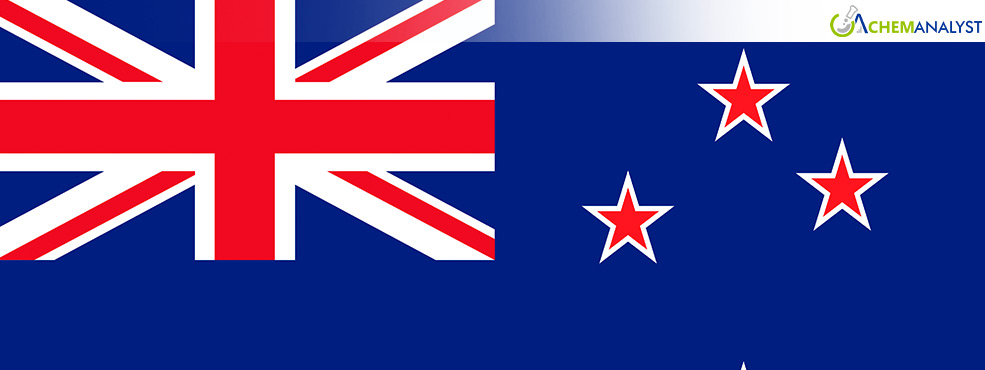Welcome To ChemAnalyst

In a significant step towards a more sustainable future, researchers at RMIT University in Australia have developed an innovative technology, dubbed PYROCO, that promises a cheaper and environmentally friendly route to producing bio-oils, potentially replacing petroleum-based products used in various industries like electronics, construction, and automotive.
The groundbreaking technology utilizes a process called pyrolysis, which involves heating treated sewage (biosolids) at high temperatures in the absence of oxygen. This process converts the biosolids into a carbon-rich material known as biochar. What makes PYROCO particularly revolutionary is the discovery that this biochar can act as a highly effective and sustainable catalyst in the subsequent production of phenol-rich bio-oil.
This latest research, conducted by the RMIT team in collaboration with the Indian Institute of Petroleum and published in the journal Renewable Energy, demonstrates that biochar derived from biosolids can successfully substitute the expensive catalysts currently employed to extract oil from biomass sources, such as the Australian native Willow Peppermint plant. This finding underscores the potential of biochar produced via advanced pyrolysis technologies like PYROCO to significantly reduce carbon dioxide emissions by offering a greener alternative to high-emission catalyst production.
The implications of this breakthrough are substantial. The use of biochar derived from a waste product like biosolids as a catalyst could establish a sustainable and cost-effective supply chain for bio-oils rich in phenol. Phenols are crucial chemical building blocks used in the manufacturing of valuable products such as resins, lubricants, and various industrial additives. The RMIT researchers achieved impressive results in their experiments, producing bio-oil with a high phenolic content of 69% and 14% hydrocarbons, highlighting the catalytic efficiency of their biochar.
The PYROCO technology, developed over several years through a collaboration between RMIT, South East Water, Intelligent Water Networks, and other water authorities, is now nearing commercial readiness. Professor Kalpit Shah, Deputy Director (Research) of the ARC Training Center for the Transformation of Australia's Biosolids Resource at RMIT, stated that PYROCO is close to achieving commercial-ready scale.
Furthering its development and deployment, RMIT and its partners Aqua Metro, South East Water, and its commercial arm Iota have secured AUD $3 million in funding from the Australian Government. This funding will be used to construct a commercial-scale demonstration plant (Mark-3) at one of South East Water's recycling facilities next year.
Professor Shah emphasized the project's alignment with global and national waste management policies, stating, "Our upcoming project aligns with the Global Waste Management Policy and Australia's National Waste Policy Action Plan. Our goal is to prevent PFAS-contaminated biosolids from being disposed of in landfill by converting them into PFAS-free biochar, for its diverse applications." He also highlighted the significant market potential of biochar, citing an International Biochar Initiative report projecting a global market value of $3.3 billion by next year, showcasing the circular economy benefits of the technology.
The project also directly addresses stricter regulations concerning Per- and Polyfluoroalkyl Substances (PFAS) introduced in the recent PFAS National Environment Management Plan 3.0 (NEMP 3.0). South East Water is contributing AUD $3 million in funding to this AUD $11 million collaborative project, demonstrating its commitment to a sustainable future.
We use cookies to deliver the best possible experience on our website. To learn more, visit our Privacy Policy. By continuing to use this site or by closing this box, you consent to our use of cookies. More info.
